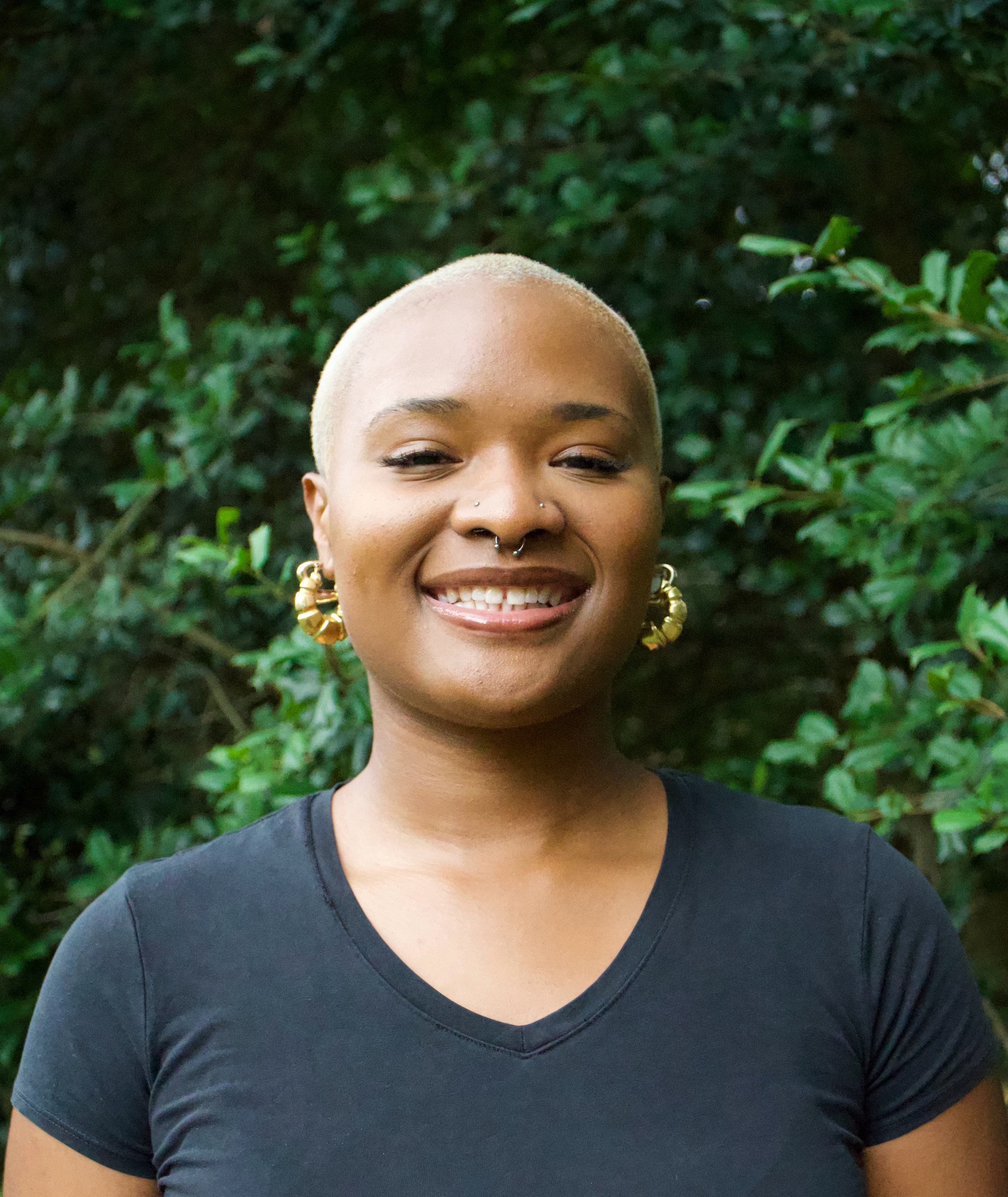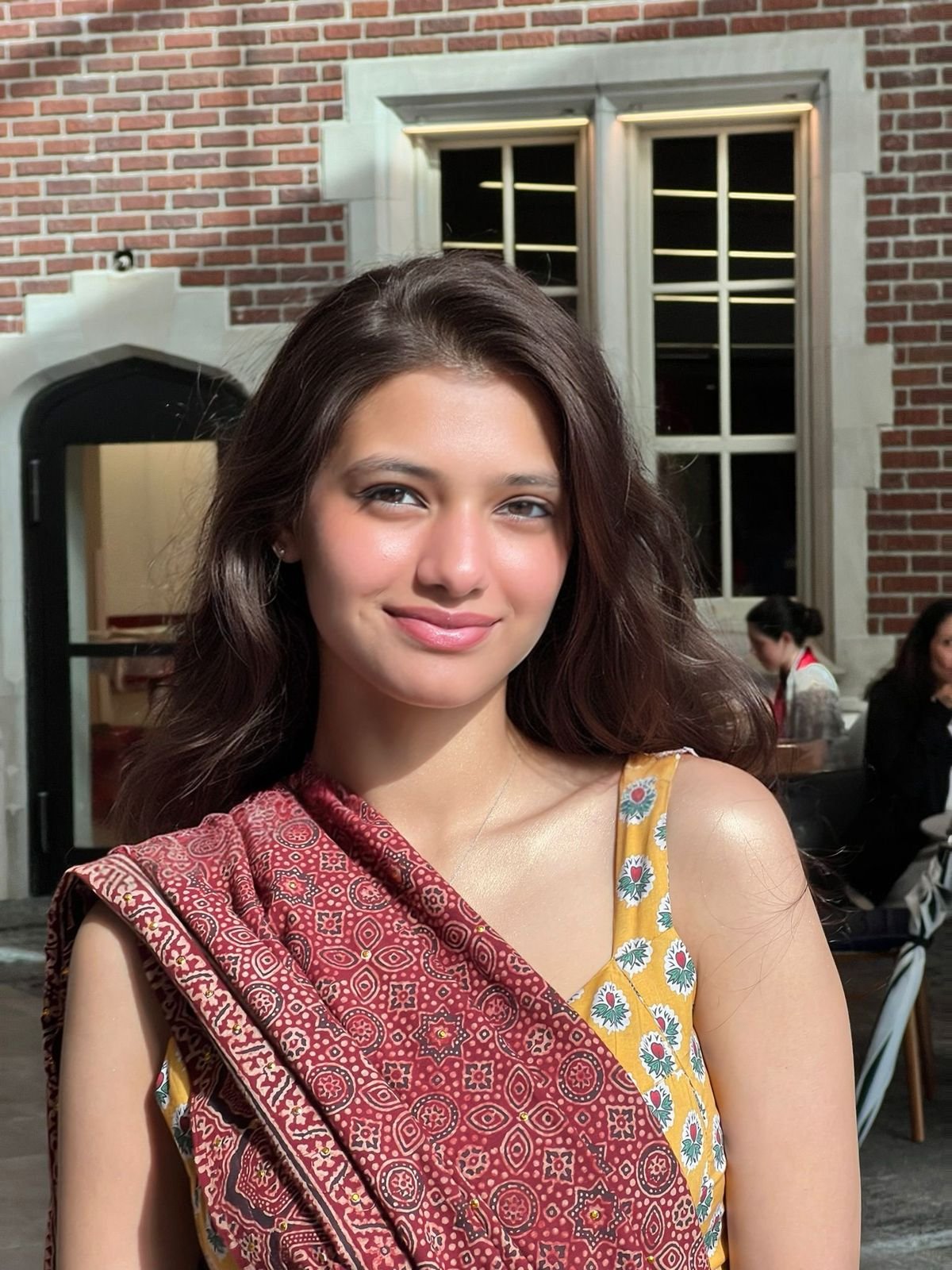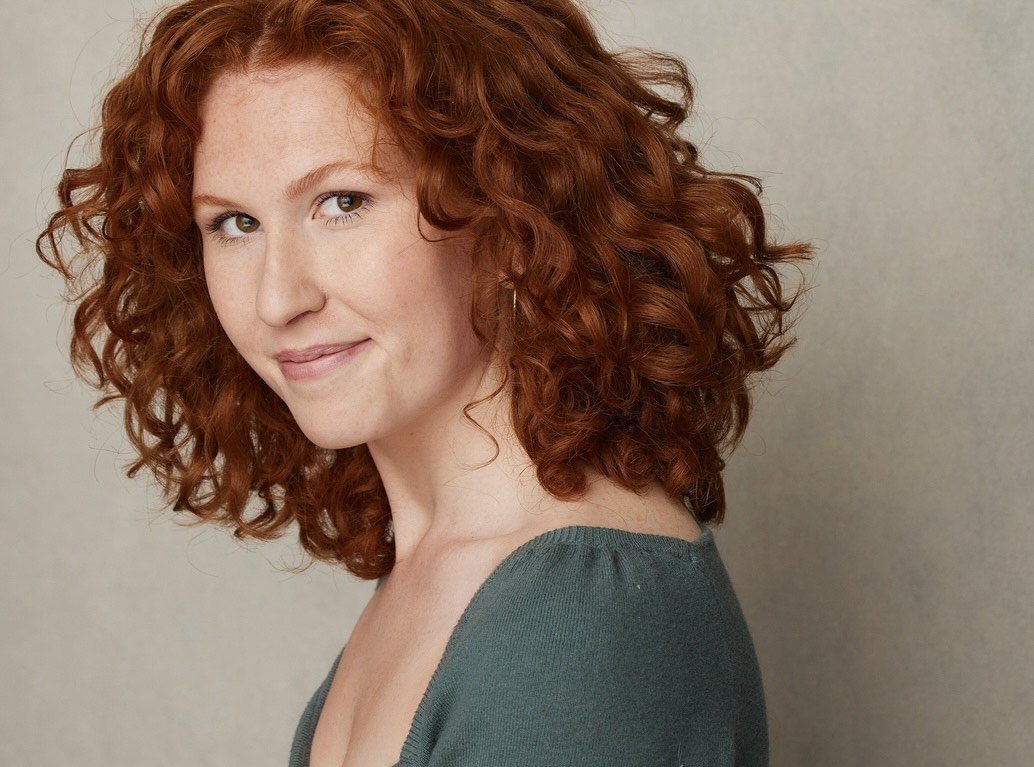Emily Weitzman is a writer, educator, performer, and interdisciplinary artist from New York. She is a lecturer in the Undergraduate Writing Program here at Columbia University, where she teaches courses focused on writing about film and performing arts.
In 2024, Emily wrote and first performed a one-person show, Furniture Boys, which premiered off-Broadway at SoHo Playhouse and was a finalist in the SoHo Playhouse Lighthouse Series. The show blends theater, comedy, clown, spoken word, recorded interviews, and interdisciplinary art, examining the immortality of inanimate objects and the mortality of relationships, asking the question: How to have faith in the structural integrity of a chair, a person, an artistic project, a self? Through OHMA, she hopes to approach this project from a different and unique perspective, using the lens of oral history to look at furniture as the physical embodiment of the close spaces we occupy and the relationships to others in those spaces.
Emily has taught, performed, and connected to artists all over the world. She was awarded a Thomas J. Watson Fellowship to conduct a yearlong project collaborating with performance poets in Nepal, India, New Zealand, Australia, Sri Lanka, Cambodia, Italy and Ireland. She has conducted interviews for writing projects to midwives at an all-female medical clinic in Mombasa, Kenya; to cyborg artists performing in Barcelona, Spain; to poets from the Word Warriors who experienced the devastating 2014 earthquake in Nepal; to writers and artists around the world. Emily has received fellowships for residencies at the Vermont Studio Center and the Adirondack Center for Writing. Her writing has been published or is forthcoming in Indiana Review, Longreads, Boulevard, Vol. 1 Brooklyn, HuffPost, the Kathmandu Post, and HAD. She was a finalist for the Sewanee Review Contest in nonfiction and fiction, the Disquiet Literary Prize in nonfiction and fiction, and the Iowa Review Nonfiction Award.
In 2020, Emily completed an MFA in nonfiction writing at Columbia University, where she was awarded a teaching fellowship. She graduated from Wesleyan University with a BA in English, creative writing, and dance. This summer, she studied physical theater and clown with the Pig Iron School, and performed her show in New York City and Canada. Emily sees her writing, teaching, performing, and art-making as inextricably linked. In addition to teaching writing at Columbia for the past six years, she has connected to hundreds of students at different life stages—from teaching second grade to high school English, from working with young writers at Writopia Lab, to undergraduates at NYU, to poets around the world. Emily is excited to join OHMA and to implement oral history practices into her classroom, her work, and her art!




















